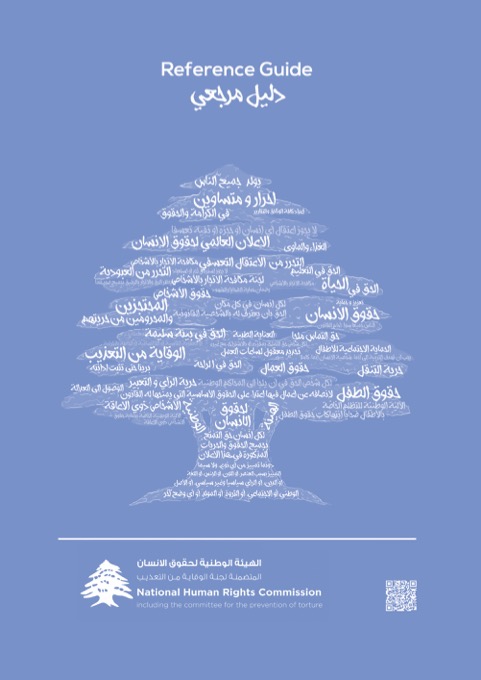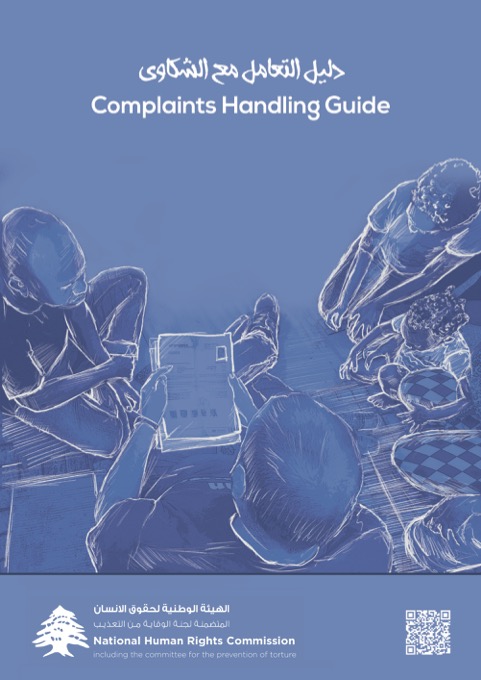The National Human Rights Commission of Lebanon, including the Committee for the Prevention of Torture (NHRC-CPT), has submitted an official contribution to the United Nations Special Rapporteur on the Independence of Judges and Lawyers in response to her call for input on the intersection of artificial intelligence (AI) and judicial systems. This marks a significant intervention from Lebanon’s constitutionally mandated human rights institution on the implications of AI for judicial independence, access to justice, and equality before the law.
In its submission, the NHRC-CPT welcomed the Special Rapporteur’s initiative and highlighted how the integration of AI into Lebanon’s already fragile judicial infrastructure poses both opportunities and serious risks. The Commission emphasized that Lebanon’s judiciary is grappling with systemic challenges, including chronic underfunding, political interference, and delayed reforms—conditions that render any AI adoption particularly sensitive.
“AI tools, if not properly regulated, risk reinforcing the very inequalities and dysfunctions they aim to solve,” said the Commission in its statement. While some legal professionals in Lebanon have begun experimenting informally with tools like ChatGPT and Lexis AI, there remains no official oversight, data transparency, or ethical framework guiding such practices. The NHRC-CPT warned that AI deployment in this unregulated environment could erode judicial independence and deepen human rights violations.
The submission also raises red flags about the potential use of facial recognition technology and other surveillance-based AI systems. Without a comprehensive data protection law in Lebanon, such technologies pose significant threats to privacy rights, particularly for vulnerable groups such as refugees, migrant workers, and marginalized communities.
Crucially, the Commission drew attention to the labour implications of generative AI for young legal professionals, noting that increased reliance on automated tools could destabilize already precarious employment in Lebanon’s legal sector.
The NHRC-CPT’s recommendations include:
-
Establishing a national regulatory framework for AI grounded in international human rights standards;
-
Prohibiting automated decision-making in criminal and asylum cases without human oversight;
-
Mandating regular audits and impact assessments for any AI systems used in judicial processes;
-
Investing in open-source, locally developed AI tools that are linguistically and culturally adapted to Lebanon’s legal landscape.
“Lebanon stands at a digital crossroads,” the Commission concluded. “AI must not become a shortcut to justice reform, especially if it bypasses transparency, accountability, and human rights safeguards.”
The NHRC-CPT reiterated its readiness to collaborate with the Special Rapporteur and provide further evidence, including findings from detention monitoring missions and digital justice dialogues conducted across Lebanon.
هذه المقالة متاحة أيضًا بـ: العربية (Arabic) Français (French)



